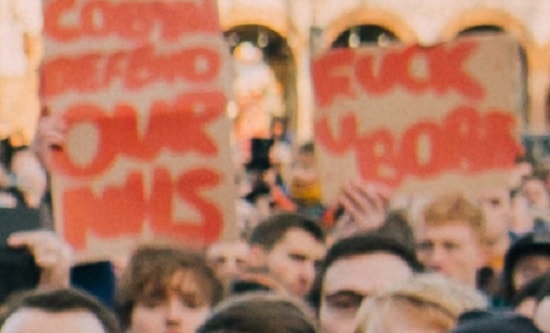
The next government is expected to face one of the worst winter crises in the NHS’s history. The Royal College of Emergency Medicine says that meeting it in England will require an additional 4,000 beds are needed to avoid patients being treated in corridors. The situation across the NHS is dire:
- In October, in England, only 83.6% of patients at all types of emergency departments were seen within four hours, against the target of 95% which not a single hospital met. This is the worst performance since A&E targets were introduced in 2004, and means one in six patients waited more than four hours. The number of people waiting on trolleys for a bed hit 80,000.
- In September, a record 4.42 million people were waiting for routine elective care. Just under 85% waited less than 18 weeks, the worst performance against the 92% target introduced in 2012. 76.9% of people with cancer started their treatment within 62 days of an urgent GP referral. The target is 85%.
- The Conservative government pledged to end the out of area treatment of people with mental health needs. In July 2019, 745 people were being treated out-of-area and the Royal College of Psychiatrists have called for 1,060 more mental health beds in England.
The staffing crisis grows more acute:
- Britain has 2.8 doctors and 7.8 nurses per 1,000 people, compared with OECD averages of 3.5 and 8.8 respectively.
- There are approximately 100,000 staff vacancies in the NHS in England. The number of nurse vacancies in the NHS in England has reached a record high. In the first quarter of 2019-20, 12% of full time equivalent registered nurse posts were empty, this is 43,617 missing staff.
The Conservatives promise £2.5bn over the next four years to fund an extra 6,000 GPs. However, a similar pledge made in 2015 for 5,000 extra GPs by 2020 has not materialised, and in fact the number of GPs has fallen. Boris Johnson’s promise of 50,000 extra nurses is just his own make-believe, a figure worked out on the back of a cigarette packet because he knows he has to promise something – but it is just another of his many lies such as the fiction that the Tories will build 40 new hospitals.
Labour Manifesto promises are more substantial: it will increase NHS spending by £26bn in real terms between now and 2023-24 – £6bn more than the existing Tory commitment. This would represent an annual increase of 4.3%, and will be paid for by increasing income tax for the highest earners. It has also announced additional funding for its £450m plan to provide free NHS dental check-ups, and pledged to increase GP training places in England by 43%, from 3,500 to 5,000 places.
Yet the 4.3% does not allow for any catch-up on the real-term cuts of the previous years when annual funding increases averaged just over 1%. Much of the increased funding will go into repaying hospital debts. Further costs such as ending prescription charges will absorb more of the 4.3%. Then there are other promises: restoring nursing bursaries will cost an estimated £1.35bn, and this excludes costs of trainee support, and expanding university capacity. And while promises of funding for GPs sound impressive, the fact is that fewer young people want to work in a job with exhausting hours. Many qualified GPs now want to work part-time. The pledge to remove ‘obstacles to ethical international recruitment’ does not specify whether this includes abolishing iniquitous visa costs or the exorbitant NHS charge.
Hannah Caller
Fight Racism! Fight Imperialism! 273 December 2019/January 2020




